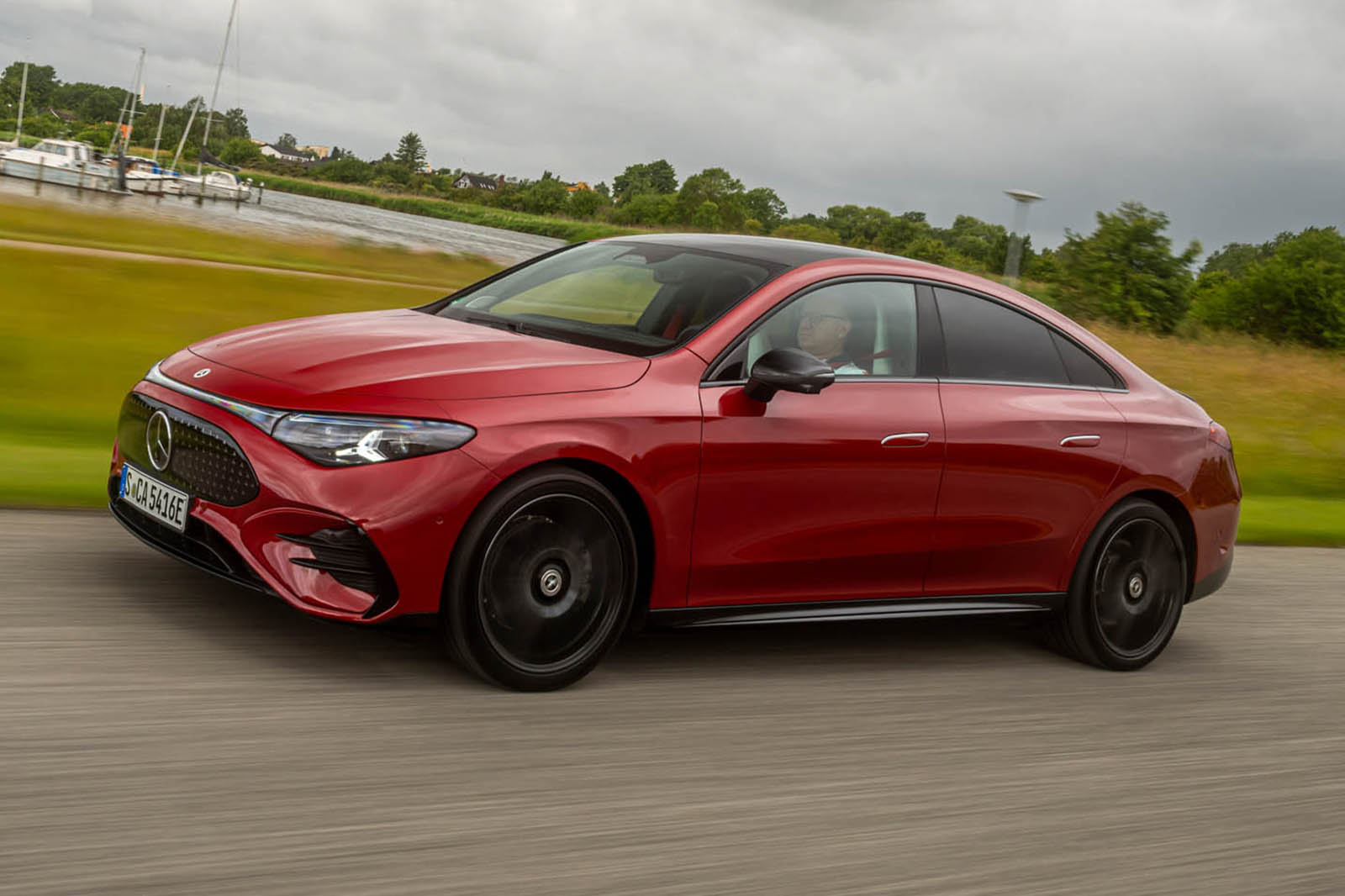And on topic, and without any training, have never run out of electrickery in the 10 years we switched to fully electric vans! And with the latter it does give you quite a lot of warnings before your actually grind to a stop!!
Agree, mine starts mithering me, when it's down to 21%. Plus you can see in 2 places on the screen the % you have left.
So no need to ever run out. Although that's the same for ICE I suppose, who really have no excuses at all, seeing as it's much easier to fuel them up. As we are constantly told.



